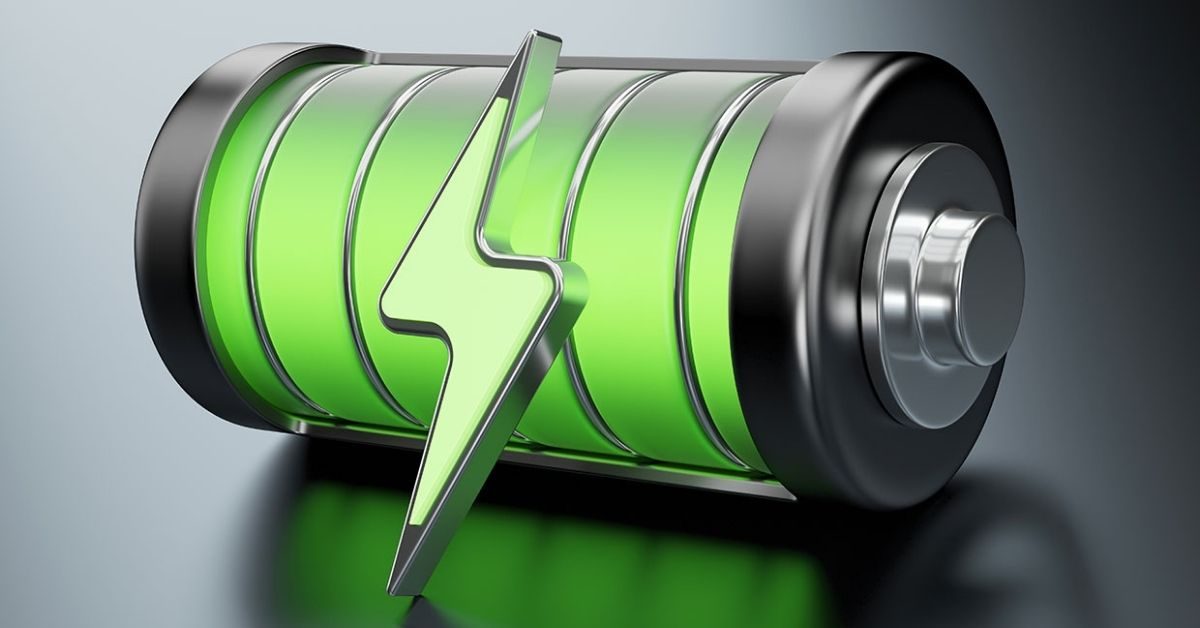The ecosystem for manufacturing advanced batteries is gearing up to seek government support to develop a vibrant process industry that can supply the much-needed raw material at competitive cost.
PLI scheme for manufacturers
The government recently approved a performance linked incentive (PLI) scheme for ‘National Programme on Advanced Chemistry Cell (ACC) Battery Storage’ for achieving manufacturing capacity of 50 Giga Watt Hour (GWh) of ACC and 5 GWh of “niche” ACC with an outlay of ₹18,100 crore. However, it hasn’t announced incentives for key raw material suppliers.
The processing industry, which supports battery makers, needs a host of raw materials such as graphite, cobalt, lithium, nickel, binder, manganese, copper and aluminium. These are converted into anodes, cathodes, electrolytes, separators and collectors to produce lithium-ion cell controls and circuits.
India has abundant graphite and manganese but needs the technology to convert the mineral to battery materials.
Suppliers left behind
Vikram Handa, Managing Director, Epsilon Carbon, told BusinessLine that the government intends to save ₹75,000 crore of forex by commissioning battery storage facilities in India, but will end up with forex outgo of ₹40,000 crore as this industry has to import the requisite raw material to make batteries.
Developed countries such as the US and Europe are giving incentives to both raw material suppliers and battery makers to secure the supply chain for battery makers as no single country has all the required raw material, he said.
Indian Battery Raw Material Alliance
Handa recently made a presentation with Niti Aayog to include raw material suppliers for battery manufacturing in the PLI scheme but was directed to approach State governments collectively to seek relief.
Following this, he has started the process of approaching about 12 major battery material suppliers to set up an Indian Battery Raw Material Alliance in two months, and put up a white paper with the government.
“The major demand of our industry is to supply subsidised renewable power and capex subsidy as it is a capital-intensive sector,” he said.
Accelerate ecosystem development
Niti Aayog is of the opinion that once battery makers benefit from the proposed PLI scheme, they will pass it on to the raw material suppliers. However, Handa said it will take 2–3 years to set up a Giga factory and another 2–3 years for raw material suppliers to meet the industry demand. In this manner, he said, it will take 8–10 years for the entire ecosystem to stabilise, he said.
Epsilon is one of the largest producers of anodes, an electrode through which conventional current enters into a polarised electrical device. It exports its entire production to European countries as there are no indigenous lithium battery producers in the country.
Source : The Hindu Businessline








